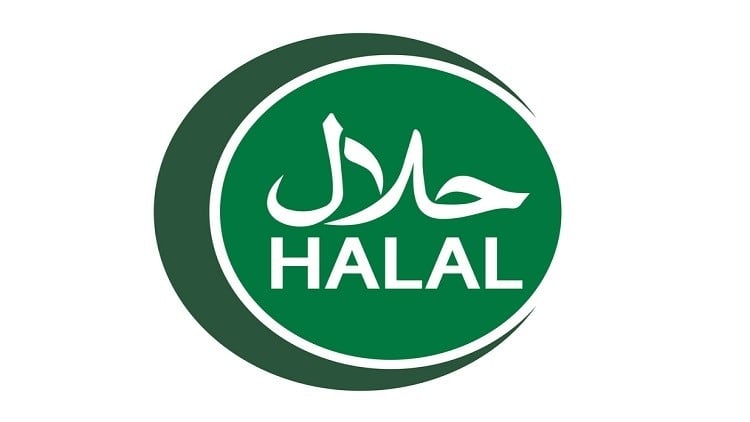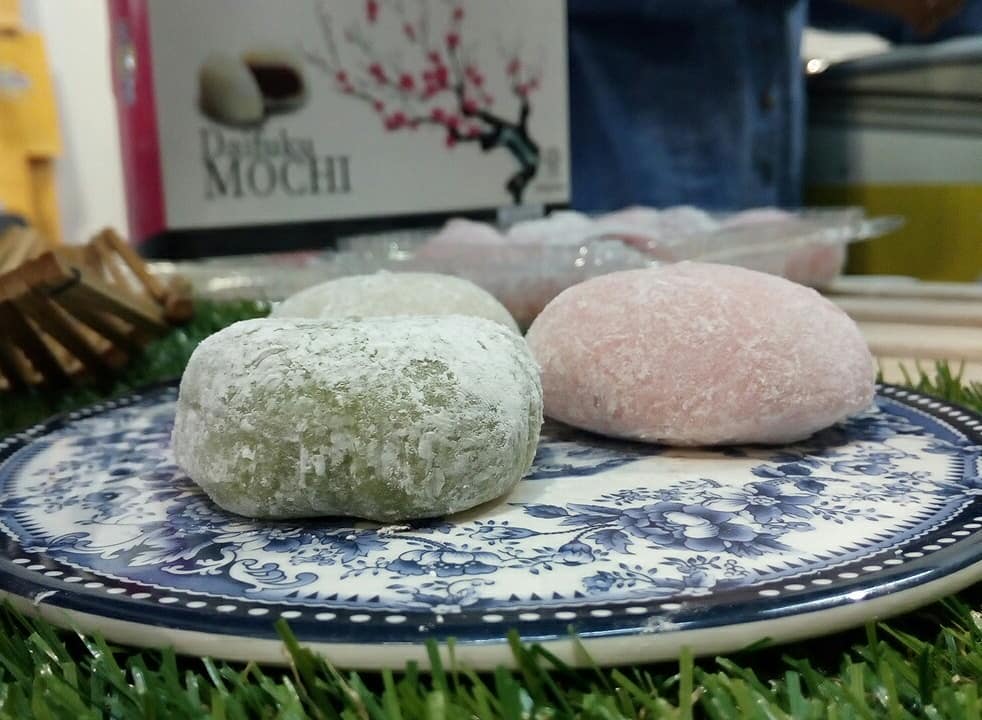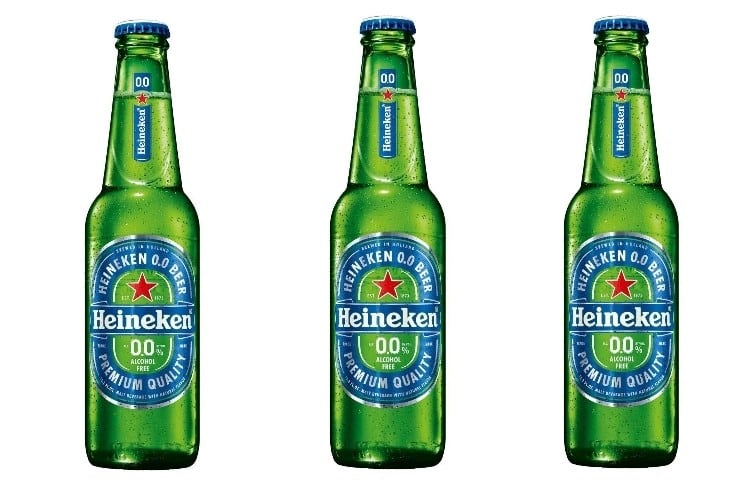The Vietnam-Malaysia Centre of Halal was launched earlier this year in the Southern Vietnamese city of Can Tho, claiming the title of the ‘first halal certification centre in the Mekong Delta province’.
It was a joint venture between Vietnamese certification firm NHO-QSCert Organisation and Malaysian risk management consultancy RSD Management Solution.
Regions such as the Middle East represent lucrative opportunities and, according to NHO-QSCert Organisation’s parent company NHONHO Technology, show great demand for Vietnamese products, especially fish and seafood.
At the launch ceremony, NHONHO Technology General Manager Hoang Ba Nghi said that Vietnam’s export revenue to the region hit US$14bn in 2018, showcasing its enormous potential, but also that Vietnamese exporters faced a major barrier in the form of halal certification.
The centre was touted as a means to help Vietnamese exporters increase exports to Islamic countries such as the Middle East, as well as increase Vietnam’s value as a Muslim tourist destination – but halal advisor and credence claims researcher John Keogh disagrees.
“Firstly, and to be honest, it opens up a new fraud opportunity. I say this because Vietnam does not have a food safety culture at any level [and] this is people and behaviour related,” Keogh, who is also Managing Principal of advisory firm Shantalla, told FoodNavigator-Asia.
“Second, in the 30+ conferences I attended and briefed at in Vietnam over the past 5 years, achieving basis food safety standards is called up by industry themselves and government as an ongoing challenge – VietGAP (Vietnam’s Good Agricultural Practices) is currently an aspirational goal for most SMEs.”
“Thirdly, Vietnam does not have a history in producing halal and meeting religious requirements that most operators will not understand.”
He added that at present, the country is already ‘struggling’ with basic food safety standards for its major export regions, including Europe and North America, and that adding halal certification into this mix would only ‘compound the problem’.
“Typically, a halal certification takes place at the factory level and then the product level. There are multiple processes involved and also a lot of corruption and bribery,” he said.
“While a laboratory certificate may claim a product does not contain pork, how will the slaughter and other practices including safe storage and reduction of cross contamination be assured [in a country such as Vietnam]?”
Costs and exploitation
The new halal certification centre offers a large number of services, ranging from halal certification for companies to coaching, laboratory and cleansing services.
It also promotes a number of halal professional certifications for individuals within the industry, but Keogh opined that these might be less applicable for actual locals, especially since there is bound to be additional cost involved.
“In my discussions with Vietnamese SMEs, they struggle with cash flow from crop to crop and are mainly exploited by middlemen,” he said.
“The middlemen buy from several farmers and some have their own brands. Many are foreign companies and they would be able to afford the certification and trainings, but independent local farmers would not, in my opinion.”
Moving forward
Instead of adding on halal certification as an additional form of burden to the supply chain, Keogh suggested that Vietnam first focus on its food safety management instead.
“Vietnam has moved to a self-declaration for food safety. This is not the right move and following globally approved schemes such as those within the Global Food Safety Initiative (GFSI) are crucially important,” he said.
“As [previously mentioned, at present] the middlemen make the money and will claim their factories are compliant. This may be the case but the process needs to have integrity from the products original source (the farm) to retail.”
In terms of halal itself, he suggested other options such as mobile halal testing kits from Swiss company swissdecode instead.
“[This] really helps to eliminate the most egregious [halal concern] which is the presence of pork. Having test capabilities in labs and portable devices in the field is important for any country, [and the same applies to Vietnam].”





